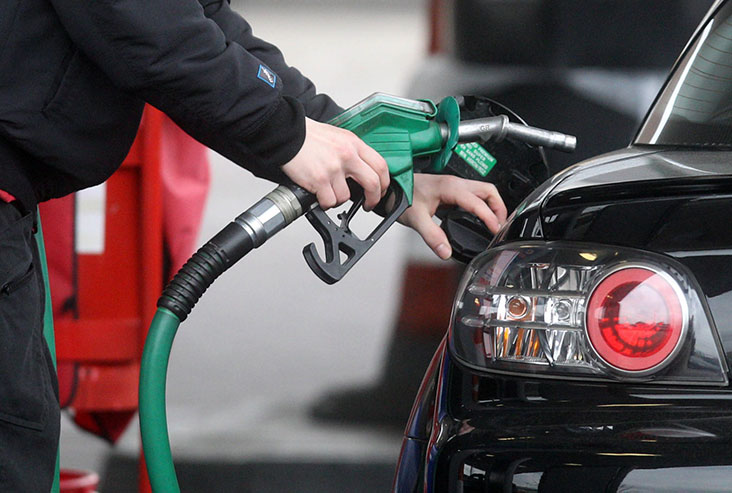


As the world moves towards a more sustainable future, the future of petrol cars is being called into question. With advancements in technology and increasing concerns about climate change, many are wondering if petrol cars have a place in the years to come. Let's dive into the topic and explore the potential future of petrol cars.
Firstly, it is important to acknowledge that petrol cars have played a significant role in transportation for over a century. Their convenience, affordability, and well-established infrastructure have made them the go-to choice for many consumers. However, the negative environmental impacts associated with burning fossil fuels have triggered a shift towards cleaner alternatives.
The rise of electric vehicles (EVs) has been a major disruptor in the automotive industry. EVs offer zero tailpipe emissions, reduced reliance on fossil fuels, and lower operating costs. With governments worldwide implementing stricter emission regulations and offering incentives for EV adoption, the shift towards electric mobility is gaining momentum.
While EVs continue to gain popularity, it is worth noting that the infrastructure for charging stations is not as widespread or accessible as petrol stations. This poses a challenge for those considering electric vehicles, especially for long-distance travel or in areas with limited charging infrastructure. However, as technology advances and investments in charging infrastructure increase, these hurdles are expected to be overcome.
Another factor to consider is the continuous improvement of petrol engine technology. Automakers are investing in research and development to enhance fuel efficiency, reduce emissions, and explore alternative fuels. Hybrid vehicles that combine petrol engines with electric motors have gained traction, offering improved fuel economy while still utilizing existing infrastructure.
Furthermore, the demand for petrol cars remains strong in emerging markets where access to charging infrastructure and affordability of EVs are challenges. These markets account for a significant portion of global vehicle sales and are expected to continue relying on petrol-powered vehicles for the foreseeable future.
Additionally, the transition to a fully electric fleet would require significant changes in the manufacturing process, supply chain, and energy infrastructure. This shift cannot happen overnight and will take time to implement on a global scale.
In conclusion, while the future of petrol cars may face challenges amidst the rise of electric vehicles and increasing environmental concerns, they are not likely to disappear entirely. The ongoing improvements in petrol engine technology, the demand from emerging markets, and the need for a gradual transition make it clear that petrol cars will continue to have a role in the automotive industry for the foreseeable future.
Key Points:
1. Petrol cars have been the preferred choice for consumers due to convenience and affordability.
2. Electric vehicles (EVs) are gaining popularity due to zero emissions and lower operating costs.
3. Limited charging infrastructure for EVs remains a challenge.
4. Hybrid vehicles offer a solution by combining petrol engines with electric motors.
5. Emerging markets are expected to rely on petrol cars for the foreseeable future.
6. Transitioning to a fully electric fleet requires significant changes and time.
7. Petrol cars will continue to have a role in the automotive industry alongside EVs.